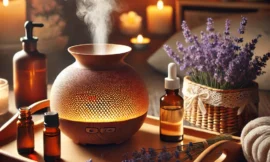Insomnia can be a frustrating and debilitating condition, leaving you feeling exhausted and impacting your overall well-being. While there are various treatment options available, many people are turning to natural remedies, including essential oils, to help them drift off to dreamland. But can essential oils truly help with insomnia? Let’s delve into the science and explore how these potent plant extracts might ease you into a restful night.

How Essential Oils May Help with Insomnia
Essential oils work through the power of aromatherapy, where scent molecules interact with the olfactory system, a network of nerve cells in the nose directly connected to the brain, particularly the limbic system. The limbic system is responsible for controlling emotions, behaviors, and memory. By influencing this crucial part of the brain, essential oils can potentially exert a calming and relaxing effect, making it easier to fall and stay asleep.
Key Mechanisms at Play:
Reducing Anxiety and Stress: Many essential oils have anxiolytic (anxiety-reducing) properties. High levels of stress and anxiety are major culprits behind insomnia. By promoting relaxation and reducing feelings of overwhelm, certain essential oils can create a more conducive environment for sleep.
Slowing Heart Rate and Lowering Blood Pressure: Some essential oils have a calming effect on the cardiovascular system, helping to lower heart rate and blood pressure. This physiological shift contributes to relaxation and promotes sleepiness.
Increasing Melatonin Production: While more research is needed, some studies suggest that certain essential oils may help regulate melatonin production, the hormone that controls sleep-wake cycles. This can synchronize your body’s natural rhythms and improve sleep quality.
Promoting Relaxation and Sensory Comfort: Creating a calming bedtime ritual with essential oils can promote relaxation and signal to your brain that it’s time to unwind. The soothing aroma can also provide a sense of comfort and security, reducing anxiety and promoting sleep.
Top Essential Oils for Insomnia
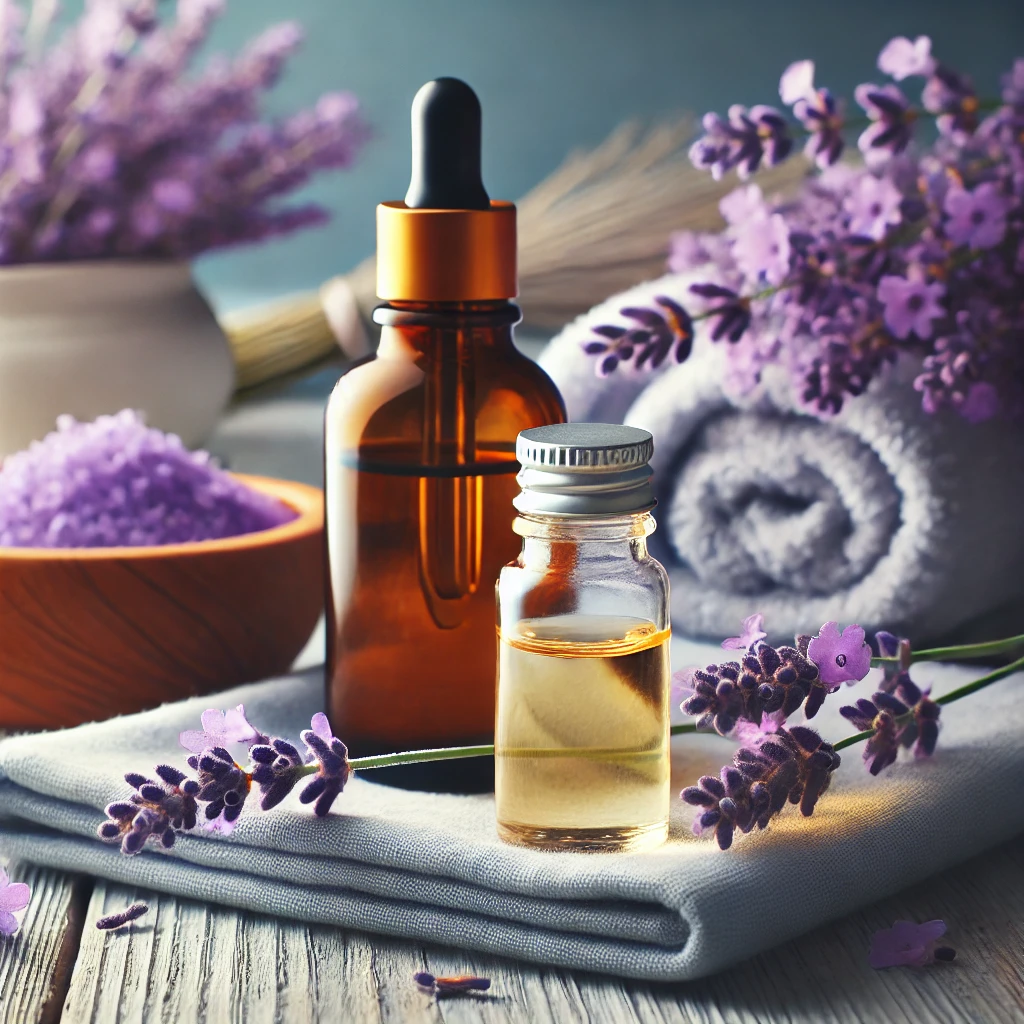
While individual responses may vary, here are some of the most popular and well-researched essential oils for promoting sleep:
Lavender: Perhaps the most well-known and studied essential oil for sleep, lavender has been shown to reduce anxiety, improve sleep quality, and increase sleep duration.
Chamomile: Known for its calming and soothing properties, chamomile can help reduce anxiety, promote relaxation, and prepare the body for sleep.
Cedarwood: This earthy scent is known for its grounding and calming effects. It can help ease anxiety, reduce stress, and promote a sense of peace.
Bergamot: This citrusy oil has a unique ability to be both uplifting and calming. It can help reduce anxiety and depression, which often contribute to insomnia.
Sandalwood: Known for its grounding and meditative properties, sandalwood can help quiet the mind and promote relaxation.
Marjoram: This herbaceous oil is known for its calming and sedative effects. It can help reduce muscle tension and promote relaxation.
How to Use Essential Oils for Sleep
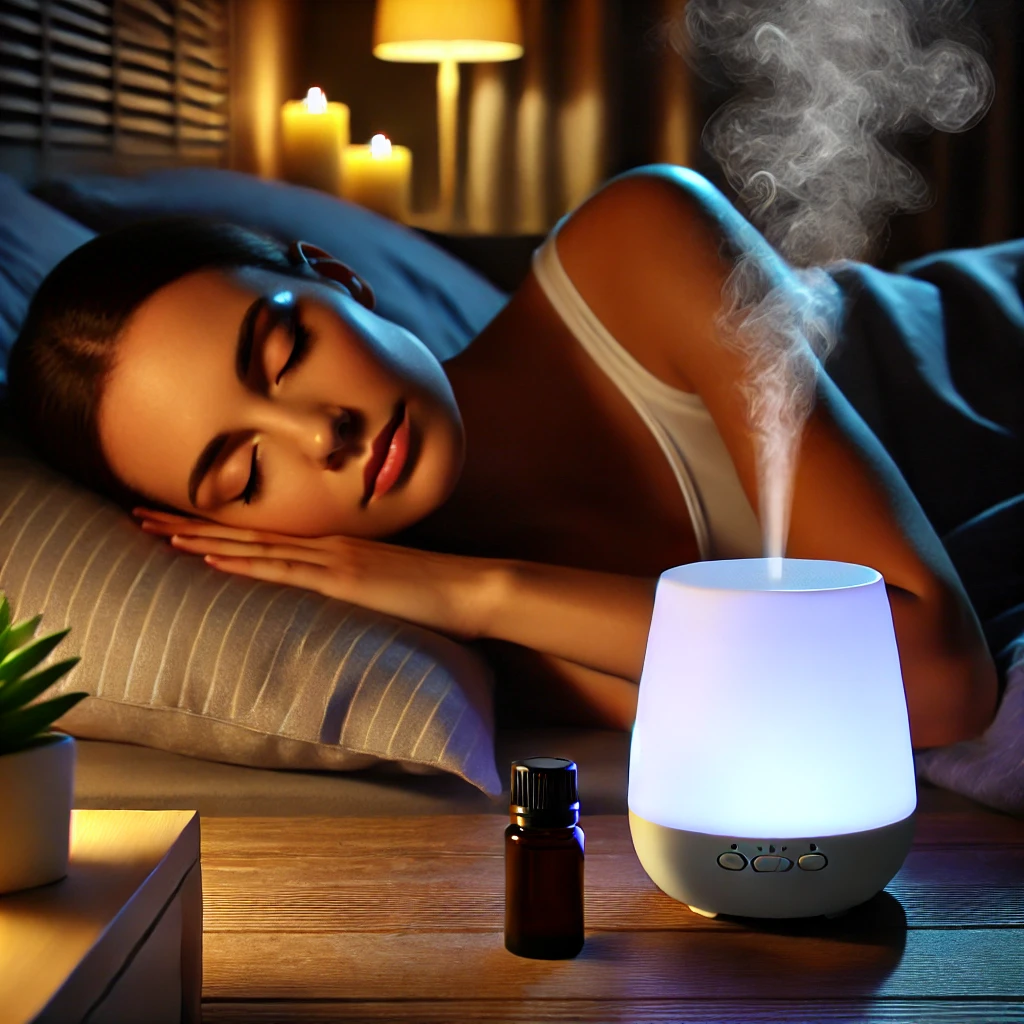
There are several ways to incorporate essential oils into your bedtime routine:
Diffuser: Add a few drops of your chosen essential oil to a diffuser and let it disperse the scent into your bedroom for 30-60 minutes before bed.
Topical Application: Dilute essential oils with a carrier oil (like coconut, jojoba, or almond oil) and massage onto your temples, wrists, and the soles of your feet before bed. A general guideline is 1-3% dilution (e.g., 1-3 drops of essential oil per teaspoon of carrier oil).
Pillow Mist: Create a DIY sleep spray by mixing essential oils with water and a little witch hazel in a spray bottle. Spritz onto your pillow before bed.
Aromatherapy Bath: Add a few drops of essential oil to a warm bath with Epsom salts to enhance relaxation before bedtime.
Inhalation: Apply a drop of essential oil to a cotton ball or tissue and place it near your pillow.
Tips for Maximizing the Benefits of Essential Oils for Sleep
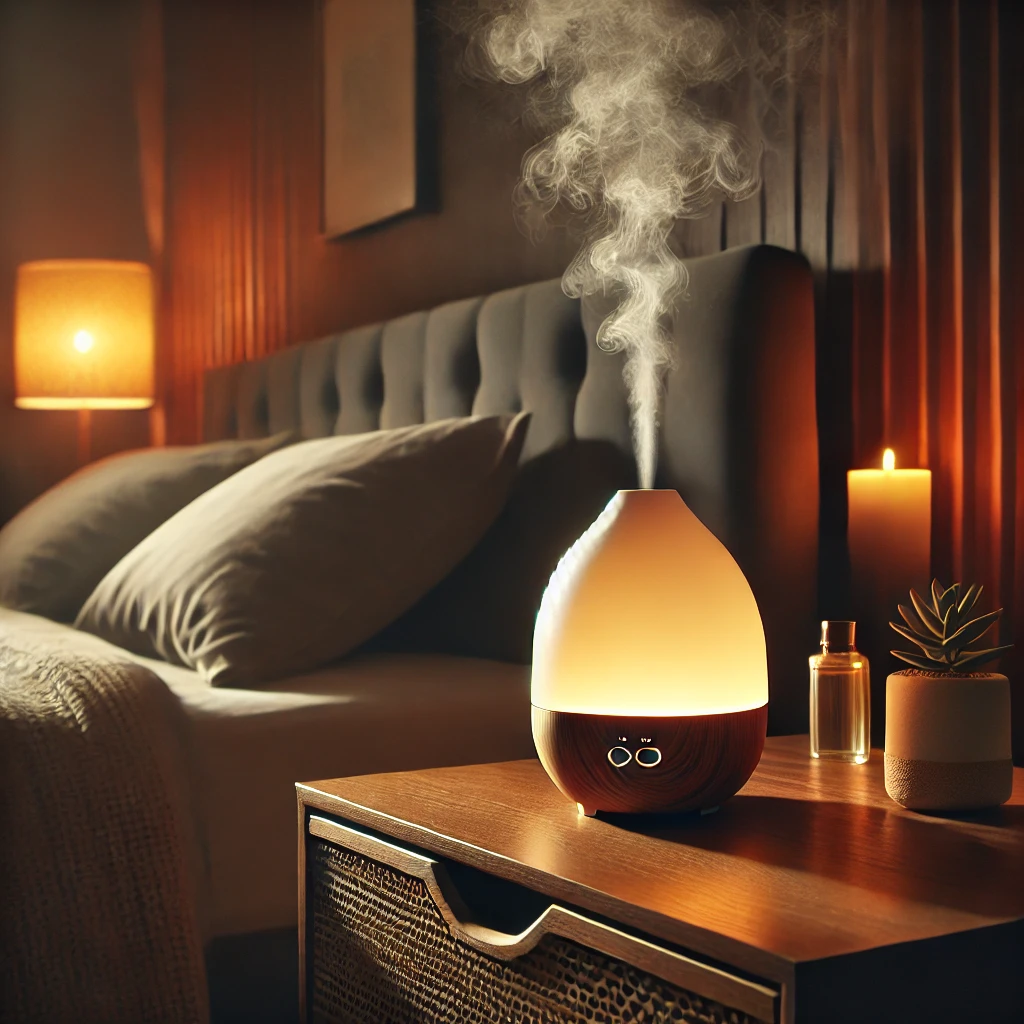
To get the most out of your essential oils for insomnia relief, consider these additional tips:
Choose High-Quality Oils: Ensure you are using 100% pure, therapeutic-grade essential oils without synthetic additives.
Be Consistent: Regular use of essential oils as part of a bedtime routine can help train your body and mind to associate the scent with relaxation and sleep.
Experiment with Blends: Combining different essential oils can enhance their effects. For example, a mix of lavender, chamomile, and cedarwood can create a powerful sleep-inducing blend.
Practice Good Sleep Hygiene: Essential oils work best when combined with healthy sleep habits such as maintaining a consistent sleep schedule, reducing screen time before bed, and keeping your bedroom dark and cool.
Final Thoughts
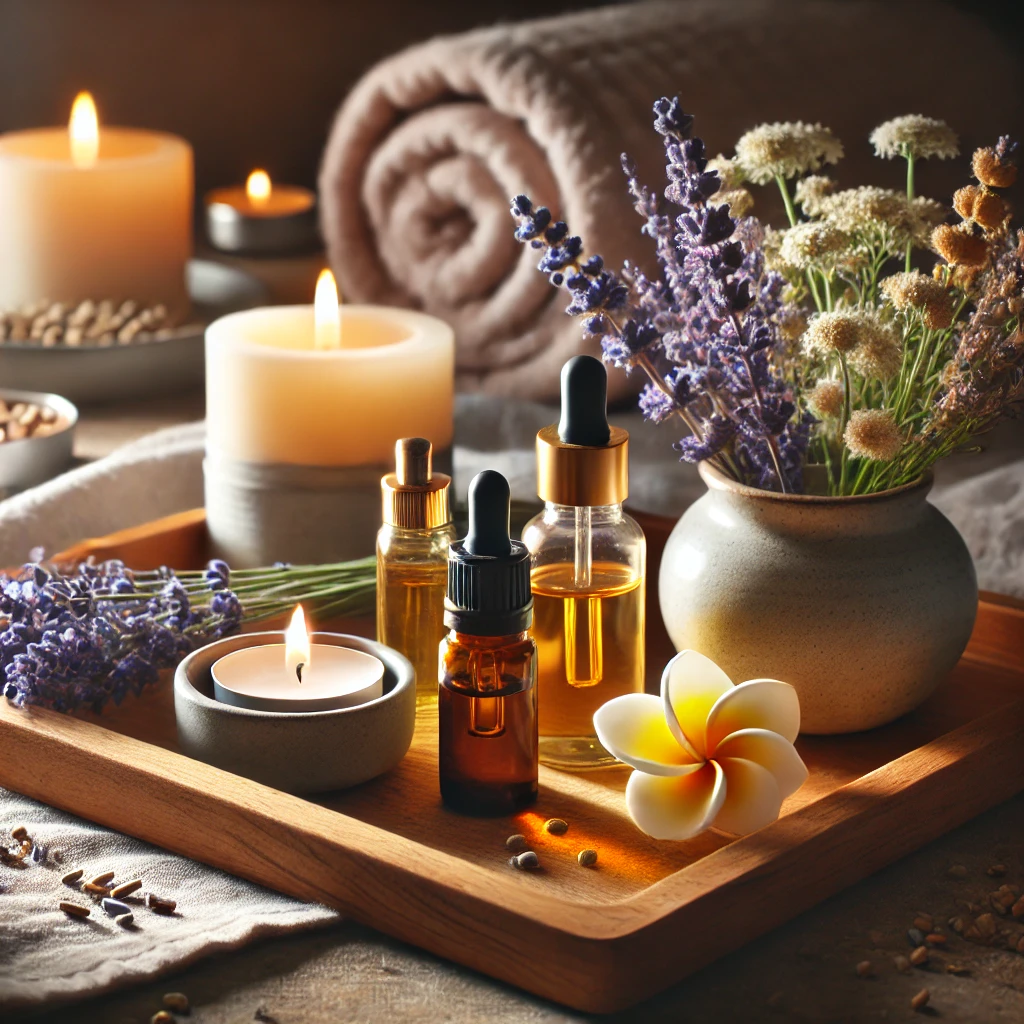
Essential oils may offer a natural and effective way to promote relaxation and improve sleep quality. While scientific research continues to explore their full benefits, many individuals report positive results when incorporating aromatherapy into their nighttime routine. If you struggle with insomnia, experimenting with essential oils may be worth considering. However, if sleep issues persist, it’s always best to consult a healthcare professional to rule out underlying medical conditions.
By integrating essential oils into your sleep routine, you may unlock the power of aromatherapy and enjoy deeper, more restful sleep.



